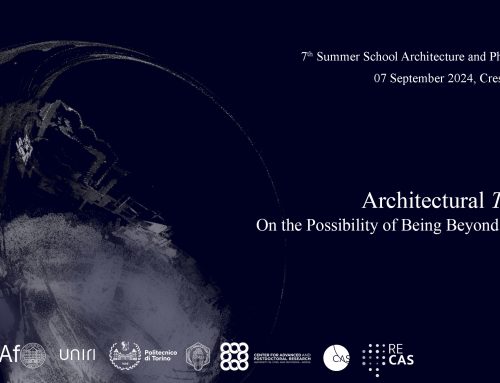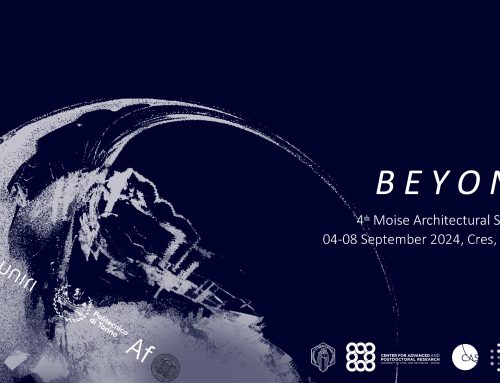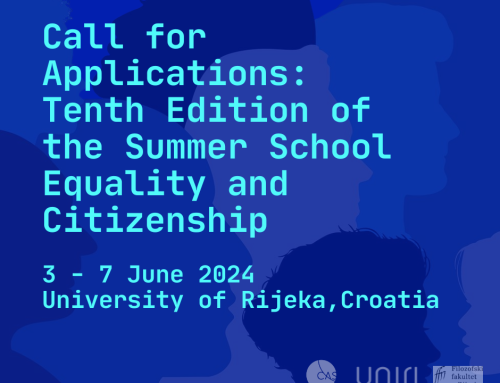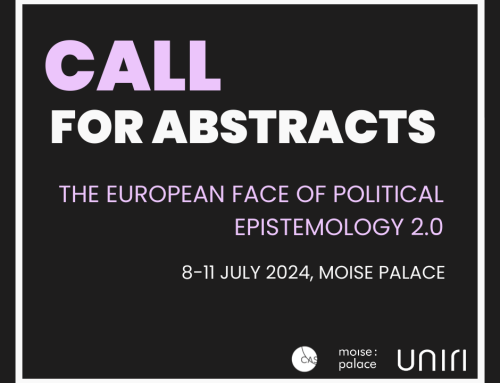University of Rijeka, Center for Advanced Studies Southeast Europe (UNIRI CAS SEE)
In cooperation with
The Institute for Philosophy and Social Theory University of Belgrade
Supported by Friedrich Ebert Stiftung Zagreb, National Theatre Ivan pl. Zajc, Goethe Institute Zagreb, Erste Foundation, European Fund for the Balkans, French Institute Croatia, Consulato generale d’Italia – Fiume, City of Rijeka, Art-kino Croatia
Venues: Akvarij, University campus, Croatian National Theatre Ivan pl. Zajc, DeltaLab, Art-kino Croatia, City of Rijeka Town Hall
Dates: June 18th – 22nd 2018
Rationale and background:
The 2018 CAS SEE Summer School examines one of today’s most pressing topics: how to think and what to do with violence in our present society. To what extent is it possible to deconstruct and name the emerging mechanisms of violence? What kinds of phenomena precipitate coercion and violence, making it difficult to suppress and rendering it seemingly inevitable? Assuming that in myriad social contexts, violence is not a self-contained, but rather a relational/social phenomenon (across families, associations, corporations, nations, states, religions), is there any social purpose to it, and does it have any productive alternative? Is violence a form of communication, and might there be strategic communicative substitutes that could non-repressively reduce the recourse to violence?
Southeastern Europe has seen more than its share of violence. It has also seen loud proclamations of anti-violent ideology from states and governments, from organizations of civil society, down to sundry public voices. The region has seen the adoption and implementation of various EU laws and policies to a far greater and more drastic extent than even in their countries of origin. This trend is partly a symptom of identity crises and identity insecurity, for which policies are designed to curtail all kinds of societal violence, shifting power towards ever-increasing prerogatives of wanton administrations. Instances of violence tend to be interpreted as systemic social degeneration that needs to be uprooted by draconian control and repressive policies. The results are a police force and state institutions with sweeping authority over individuals on the one hand, and widespread apathy and defeatism among ordinary people, on the other. Thus, the study of violence as well as anti-violence policy addresses a core quality of life issue in Southeastern Europe.
“Critique of Violence Now” will:
- Provide a framework for an exchange of views and insights among activists and academics on the following topics: political violence, administrative violence, legal violence, domestic violence, collective violence in the regional and global context, countering (discourses of) violence through social engagement, social inequalities and neoliberal conquest of state and society;
- Inspire and build capacity of participants through stimulating topical and theoretical input by renowned academics, creating opportunities for building networks and joint cooperation actions in the field;
- Provide workspaces for the participants to discuss and work on short papers (approx. 3 pages) dedicated to four major clusters: “Political Violence: Revisited”; “Administrative Violence: Migration”; “Ethnicized Violence”; “Deconstructing Misogyny and Patriarchy”. Papers (in English) would be further refined immediately after the Summer School and published in a volume edited by the Institute for Philosophy and Social Theory of the University of Belgrade (IFDT University of Belgrade).
The Summer School is organized as part of the International Consortium of Critical Theory Programs supported by the Andrew W. Mellon Foundation, of which UNIRI CAS SEE and IFDT University of Belgrade are members. The event will also serve to confer the inaugural prize for critical theoretical engagement ”Miladin Zivotic”, established in 2017 by IFDT University of Belgrade. The award is bestowed on those social theorists whose work has had significant impact on the broader public, exemplifying socially engaged theory and theoretically grounded social engagement.
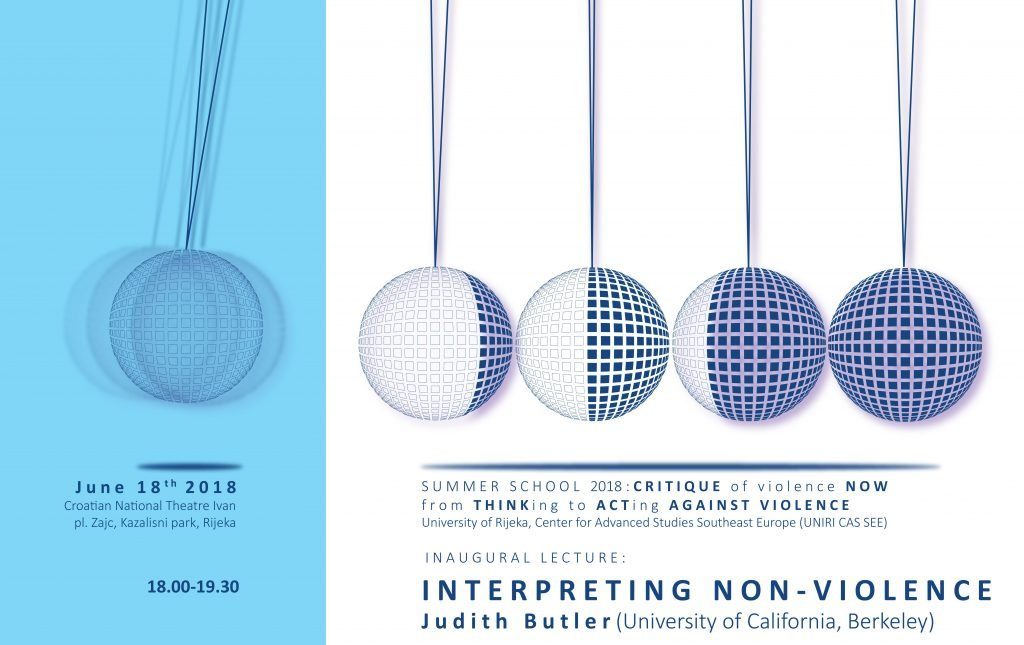
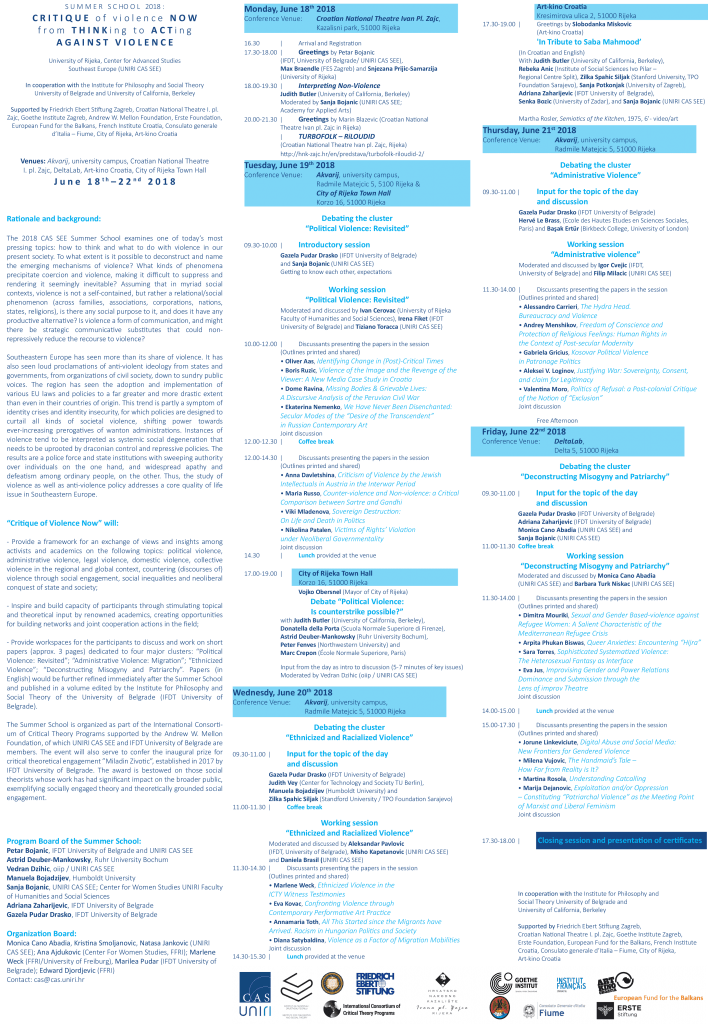
Program Board of the Summer School:
Petar Bojanic (IFDT University of Belgrade, UNIRI CAS SEE), Astrid Deuber-Mankowsky (Ruhr University Bochum), Vedran Dzihic (oiip / UNIRI CAS SEE), Manuela Bojadzijev (Humboldt University), Sanja Bojanic (UNIRI CAS SEE; Center for Women Studies UNIRI, Faculty of Humanities and Social Sciences), Adriana Zaharijevic (IFDT, University of Belgrade) and Gazela Pudar Drasko (IFDT, University of Belgrade).
Organization Board:
Monica Cano Abadia, Kristina Smoljanovic, Natasa Jankovic (UNIRI CAS SEE); Ana Ajdukovic (Center For Women Studies, FFRI); Marlene Weck (FFRI/University of Freiburg); Marilea Pudar (IFDT University of Belgrade) and Edward Djordjevic (FFRI)
Summer school visuals are designed by Natasa Jankovic.
Contact: cas@cas.uniri.hr
UNIRI The Moise Palace: Cres Island
An education center of the University of Rijeka. A five-hundred-year-old patrician townhouse and the largest Renaissance palace on the Croatian islands. A venue and forum for various scientific and research activities, it welcomes visiting academics, students and scholars.


